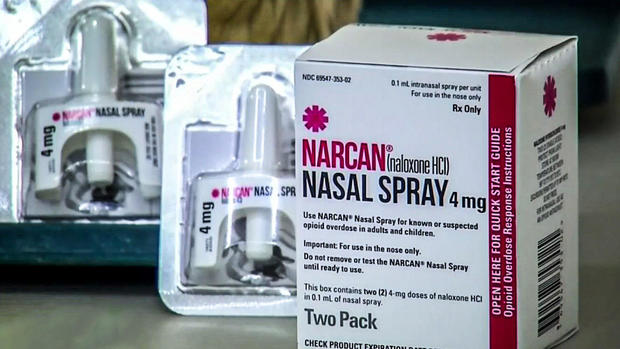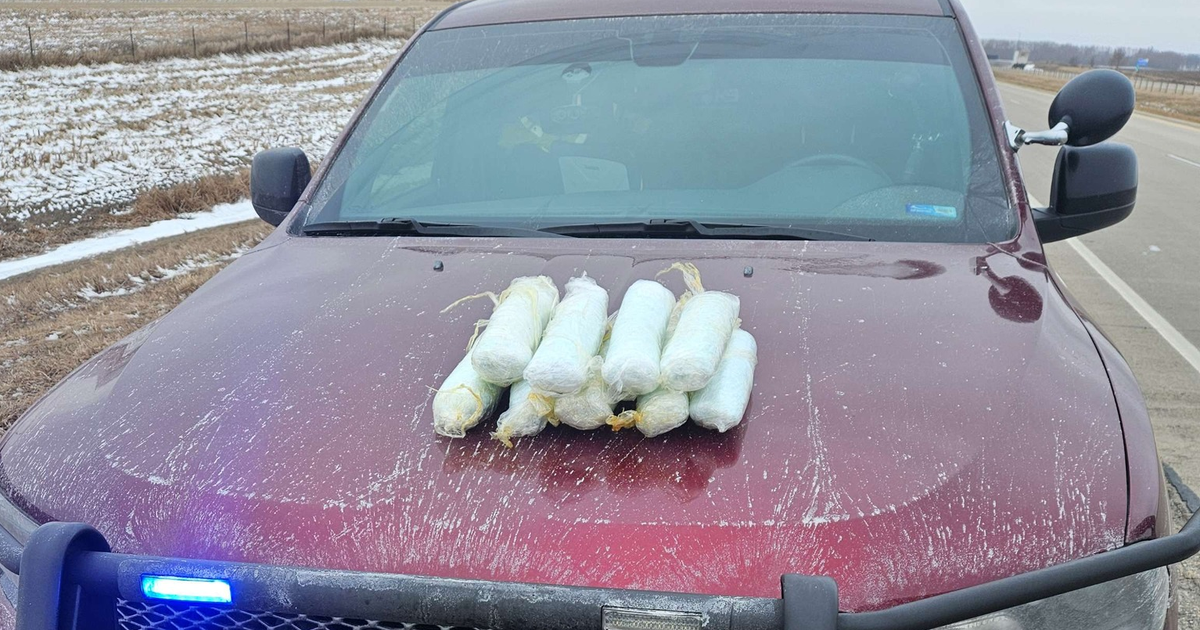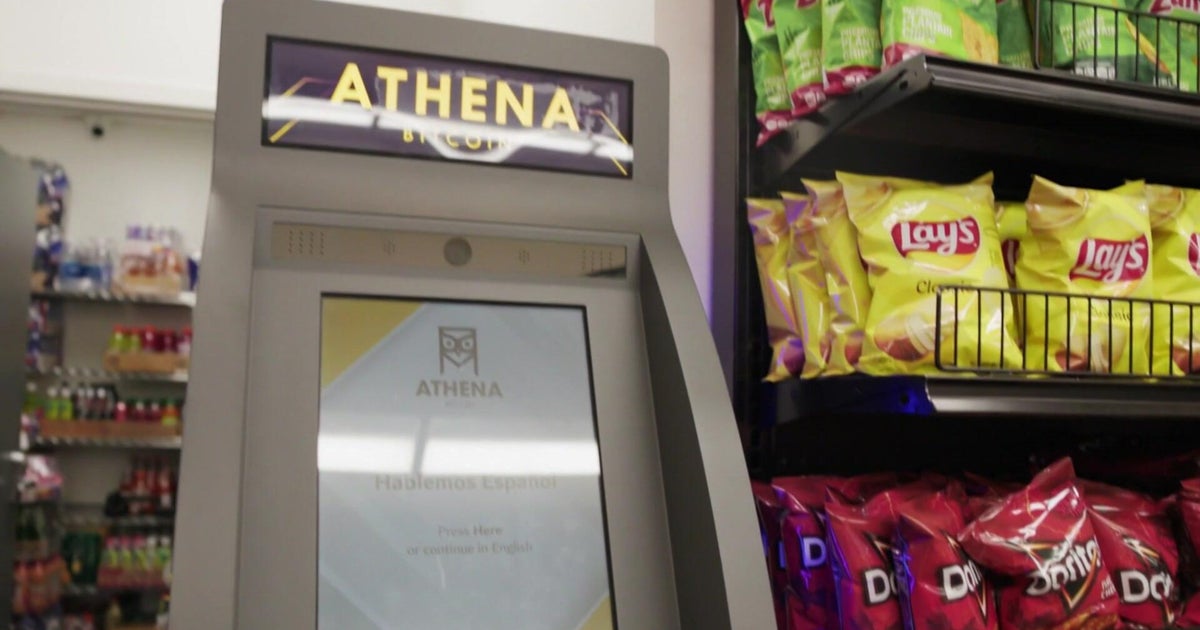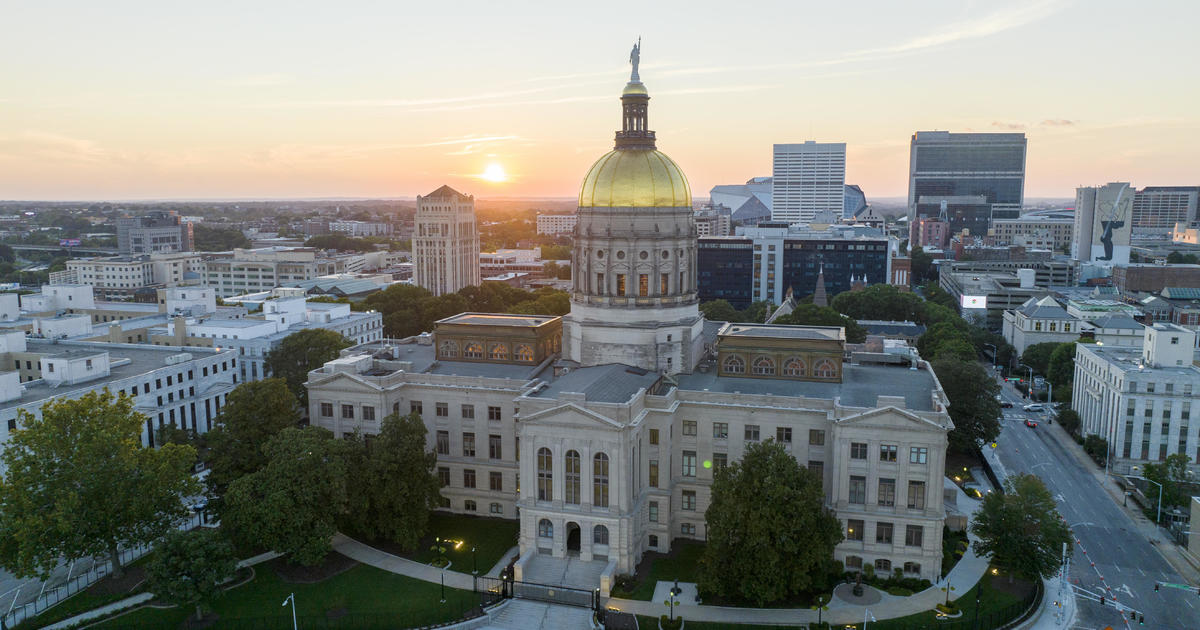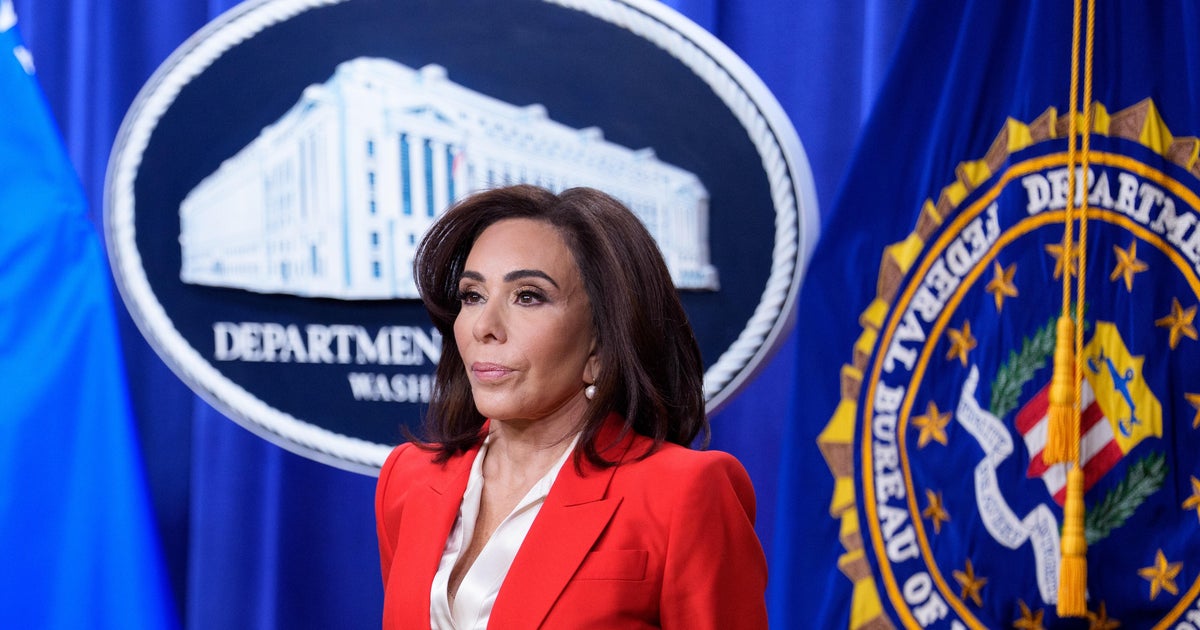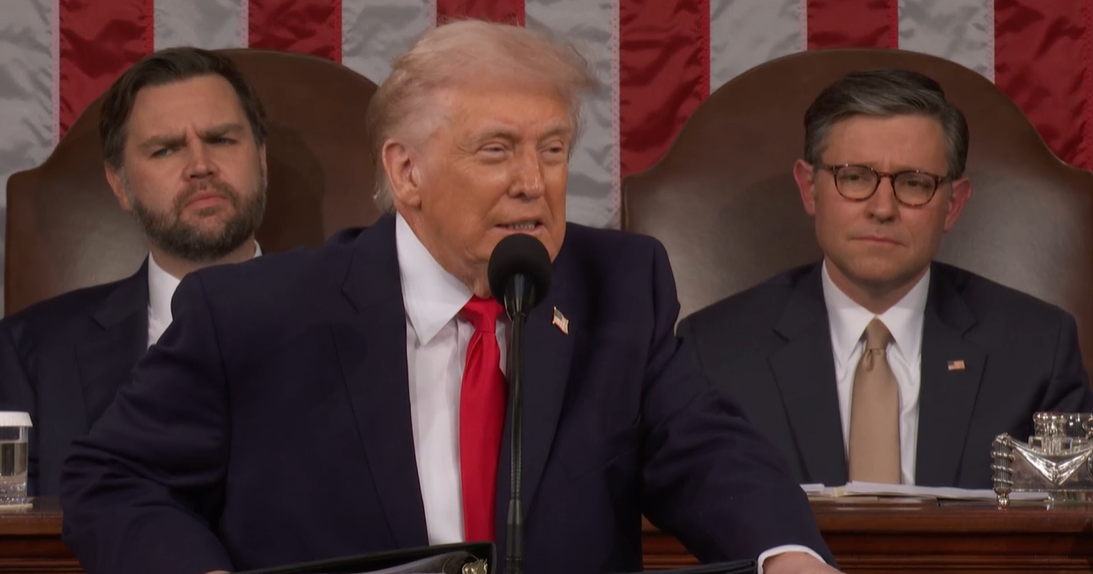First-hand experience helped inspire San Francisco lawmaker's Narcan bill
SAN FRANCISCO -- As opioid overdose deaths continue to rise, a Bay Area lawmaker introduced a bill that would make Naloxone, a medicine that rapidly reverses opioid overdoses, required in some public places.
Assemblymember Matt Haney (D-San Francisco) introduced Assembly Bill 24 to the legislature on Tuesday. If passed, it would require gas stations, bars, libraries, and single room occupancy (SRO) hotels to carry Naloxone. The common brand name is Narcan.
"Right now in this moment, we know that having Narcan more widely available can save lives," Haney said. "These are places that the emergency responders and medical community have told us are the most common places for overdoses where this could make the biggest difference."
Haney knows this first hand. Earlier this year, he came across a person in the Tenderloin suffering from an opioid overdose. He ended up administering Narcan to the man himself.
"There was somebody across the street who had it. We were able to run over - they gave us the Narcan. I knew how to use it. I injected it into his nose and he came back," he said.
Haney's proposal wouldn't immediately affect all counties throughout the state. It would only take effect "in counties that are experiencing an opioid overdose crisis," as determined by the State Department of Public Health.
"We need to do something dramatic. This is one of the many things that we should do, but it's likely one of the things that will save the most lives," he said. "This is a problem that does not limit itself to only cities. It's a rural issue, it's a suburban issue. I think having a statewide solution is really critical as well."
The state would provide the Naloxone kits to the establishments free of charge.
"This is just an absolute no-brainer," said Ben Bleiman, the founder of the SF Bar Owner Alliance. Bleiman owns two bars in San Francisco. He recently lost three regular customers to accidental fentanyl overdoses that happened elsewhere in the community, not at his bar.
"They were consuming a different substance. It turned out to be fentanyl, and all three of them died one day, about four months ago," Bleiman said.
He already keeps Narcan behind the bar. He doesn't anticipate much pushback on the proposal from the bar community, especially since the state would foot the bill.
"I can't think of a single bar owner that I know who wouldn't want this immediately, just in case," he said. "The only way that I would argue against this is if they somehow stuck us with the bill. But, very brilliantly, they're not doing that. So, that will make it very easy for us to come along on this. I don't see any major pushback from anybody that I know in San Francisco."
Haney says this proposal is just one piece of the puzzle in battling the opioid epidemic.
"These are folks who need more help than just Narcan, I recognize that. But they also deserve to live," he said.
Michelle Leopold, who lost her son to an accidental fentanyl overdose in 2019, says the proposal is a necessary step forward in fighting the ongoing opioid epidemic.
"People need to know that this is here. It's not going away. We need to do anything we can to prevent more deaths," Leopold said. "This is unlike anything our country has ever experienced."
On her own time, she teaches people how to administer Naloxone. She owns several Ace Hardware stores and has Narcan in her first aid kit. She thinks of having Narcan on hand the same way she thinks of having a fire extinguisher on hand.
"Narcan is to save a life, just like a fire extinguisher can save a life," she said. "I am all about getting more Narcan out there, getting more people trained on how to use Naloxone, and preventing deaths."
While Leopold is in favor of Haney's proposal, she'd like to see more steps taken that are specifically geared towards addressing the fentanyl crisis among young adults.
"I would love to see and support also another measure that talks about education and Narcan in our middle schools, in our high schools, and in our colleges, to try and get this message out to young adults," she said. "There are so many things that need to happen. Everything is a step in the right direction, but more needs to happen."
The bill has to go through the legislative process. Haney expects the main source of pushback will surround the cost of the program, which will likely be substantial.
